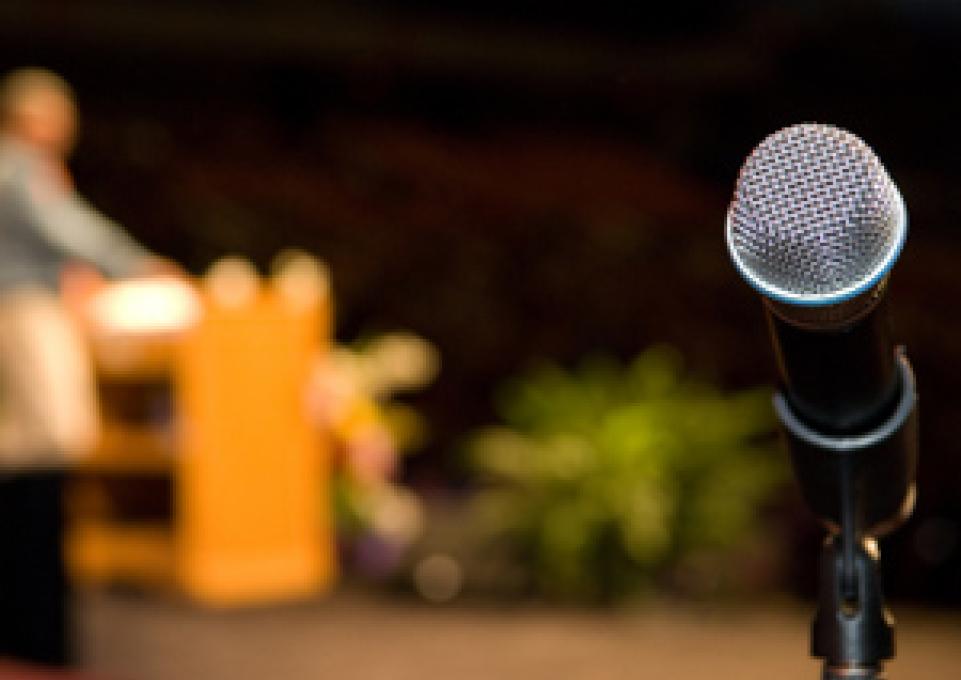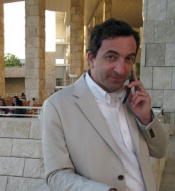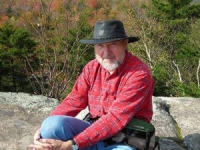
Two campus poets and English Department faculty, Charles Bachman and Peter Ramos, will read their poetry on Friday, April 26, at 3:00 p.m. in Ketchum Hall 320. Bachman will read from his most recent book I Ride the Dark Wind Horse. Ramos will read from an as-yet-unpublished manuscript Television Snow. Both are accomplished poets with impressive publication records.

Ramos's poems have appeared in Colorado Review, Puerto del Sol, Painted Bride Quarterly, Verse, Fugue, Indiana Review, Mississippi Review (online), and other journals. He is the author of one book of poetry, Please Do Not Feed the Ghost (BlazeVox Books, 2008) and two shorter collections of verse: Watching Late-Night Hitchcock & Other Poems (handwritten press 2004), and Short Waves (White Eagle Coffee Store Press 2003). His criticism has appeared in College Literature, The Faulkner Journal, The CEA Critic, Mandorla, Verse, Pleiades and Poetry Daily. Ramos is an associate professor in the English Department.
Ramos’s last book, Please Do Not Feed the Ghost, was reviewed favorably by both R. D. Pohl of the Buffalo News and Andy Frazee in Versemag. Pohl wrote, “Reading through the book is like leafing through a stranger’s family photo album.”
 Bachman’s work has appeared in The Carolina Quarterly, The Kansas Quarterly, Hazmat Review, House Organ, Autumn Leaves, The Road Less Traveled, Rooftop Poets, and Nomad. His three earlier books are If Ariel Danced on the Moon, The Strange Lives of Mr. Shakovo, and Blue Mountain Lake Poems. Bachman is a professor in the English Department.
Bachman’s work has appeared in The Carolina Quarterly, The Kansas Quarterly, Hazmat Review, House Organ, Autumn Leaves, The Road Less Traveled, Rooftop Poets, and Nomad. His three earlier books are If Ariel Danced on the Moon, The Strange Lives of Mr. Shakovo, and Blue Mountain Lake Poems. Bachman is a professor in the English Department.
“Most of the poems in I Ride the Dark Wind Horse are based on nightmares,” said Bachman. “I believe that nightmares come from the deep unconscious, from fears and insecurities, and feelings of being lost and frightened, or of being threatened by strange creatures.” His poems describe wooden dowels turning into serpents, a child’s fear of his parents’ death, being shot pointblank in the forehead. “They are very different from the Blue Mountain Lake Poems,” he said, in which he tried to convey “some of the awe, wonder, and love” he feels for the Adirondack Mountains.
